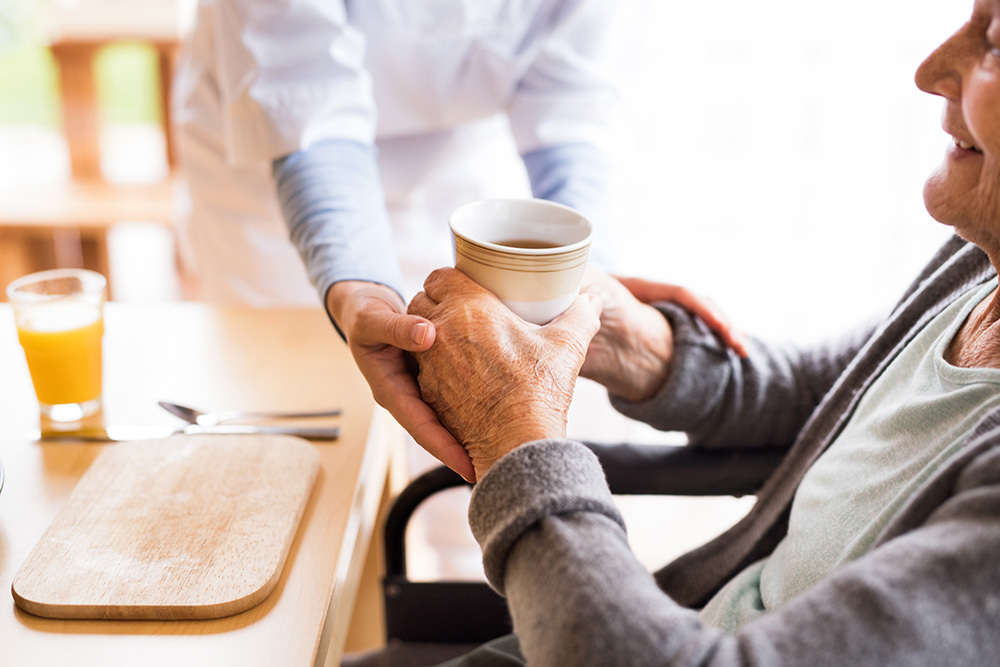Table of contents
Being a caregiver is a rewarding experience and an honourable one as well. However, being a caregiver is not always an easy job to do. There are multiple things to consider when becoming a caregiver and various steps to take. Below, you will see the steps and considerations you should make when proceeding to become a caretaker.
Talking to someone already in the field
There is no better person to talk to than someone that has already walked the path you want to go down. By talking to someone with experience in the field, you gain more knowledge on the steps you must take to become a caretaker. You will also find out if it is the right career for you to proceed with.
Requirements:
- Have the right motivation and traits for the job
- Having the care certificate
- Having experience through volunteering
- Completing a background check
- In the UK, no other formal certification is required to become a carer. However, they may increase job prospects quite drastically
- Be school leaving age
Key traits in a caregiver
- Compassion for clients
- Respectfulness towards the clients
- Work well in living situation
- Flexibility with work hours
- Have an eye out for the patient’s needs
- Maintain a positive attitude throughout the day
What to expect as a caregiver
While being a live-in caregiver can be challenging and require lots of attention and time, it can also be a rewarding and cherishing experience. Many caregivers form bonds with their clients and get accustomed to their working space. Many caregivers start to feel like their job is another home for them and their clients’ are extra family members, all the while retaining their own lives and getting paid for it.
On top of this, they learn skills they can use later with their households and families. These skills can include enhanced cooking, patience and communication skills. These are all skills that are possibly a part of the job and value for everyday living.
Certifications and qualifications for a caregiver
As I mentioned before, you must complete the care certificate to qualify. Beyond that there are technically no qualifications for becoming a caretaker, however there are several classes and courses that would significantly increase your job prospects.
- One such qualification is a Diploma in Care, a level two would be an ideal level for this.
- A Certified Nursing Assistant degree would also greatly help with this career.
- Other classes, such as learning CPR, might be necessary for becoming a caregiver.
- There are many classes based around health that can be taken, to find out more in the links below: Diploma, Certificate
Volunteering
Once you have gained all the necessary skills and qualifications, you may find it helpful to gain practical experience and build your CV. There is no better way to do this than volunteering in places such as the hospital, hospice or retirement home. Gaining an apprenticeship is also not a bad way to gain experience. Gaining experience will continue to open up more job prospects for you and make you more hirable in the future.
Finding employment as a caregiver
You can find employment on normal job hunting platforms such as Indeed or Gumtree. However, it might also be worthwhile to explore recruitment agencies like Nomenial. They can make job seeking much easier as they do a large portion of the work for you. This includes job hunting, background screening, taking care of payroll, as well as lots of other paperwork.
What to expect at your first job
On the first day of the job, you will likely spend most of the time learning the ropes of the new position. The first several days are primarily about learning. Someone will be there to show you what must be done, how to do it, and show you where everything is. This might be a house manager, another caregiver, or maybe even the client themself. Afterward there might be a followup meeting to make sure you did the tasks successfully and correctly.
Other tips when starting out
- Get to know the client: this will help you learn more about what they want and what kind of expectations they have.
- Understand the family dynamics: understanding the family dynamics will help you be able to do the job to a more successful extent. Sometimes the family needs help with a certain family member that is resistant to help at times, therefore it is important to be able to understand the family so you can learn how to properly cooperate with them all.
- Clarify details with the clients and have an open dialogue with them.
In conclusion, you must have the right mindset going into this field. This includes positivity, good work ethic, and compassion. You must also earn the care certificate and gain other qualifications. This combined with experience from volunteering will lead to exciting job prospects down the road.







